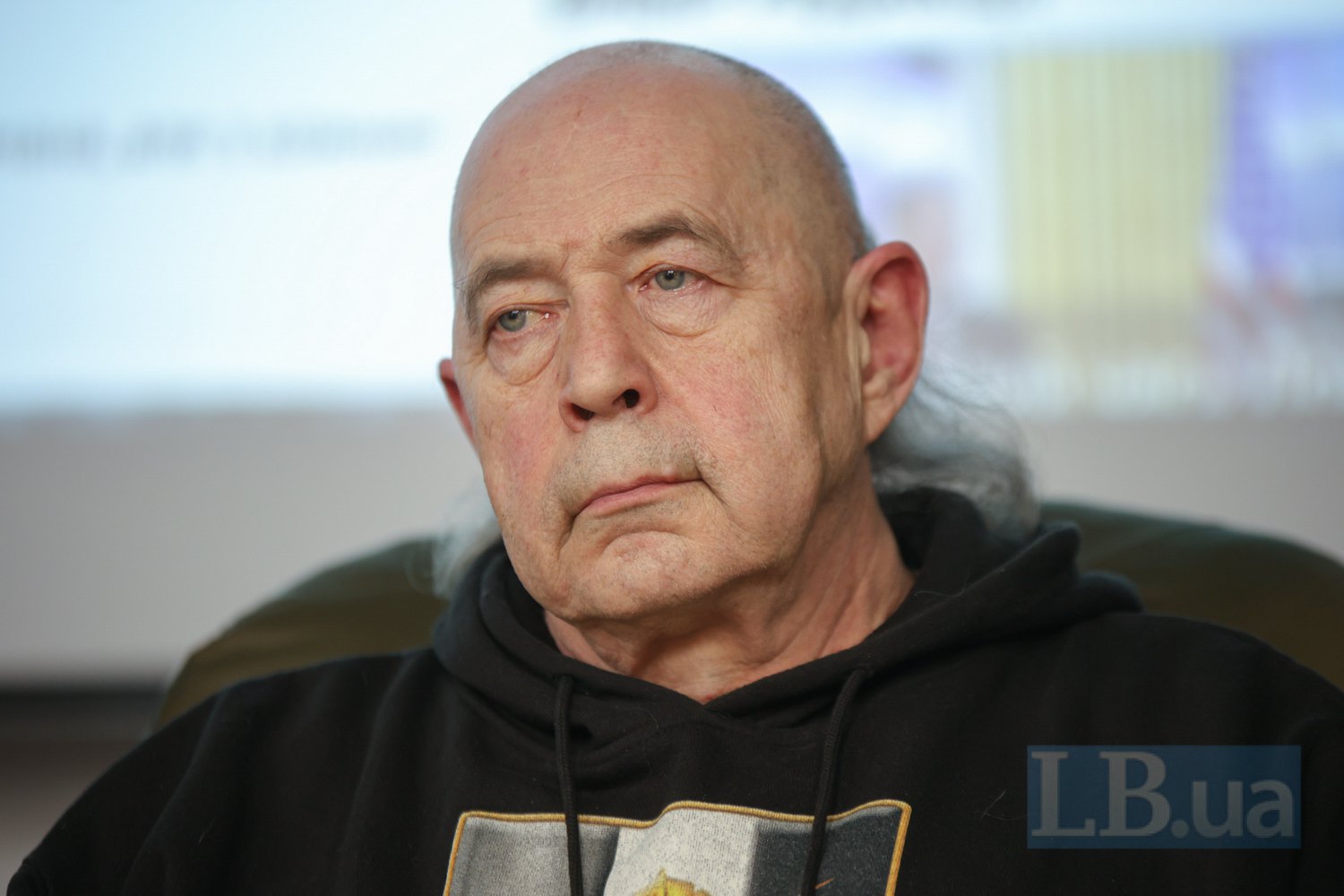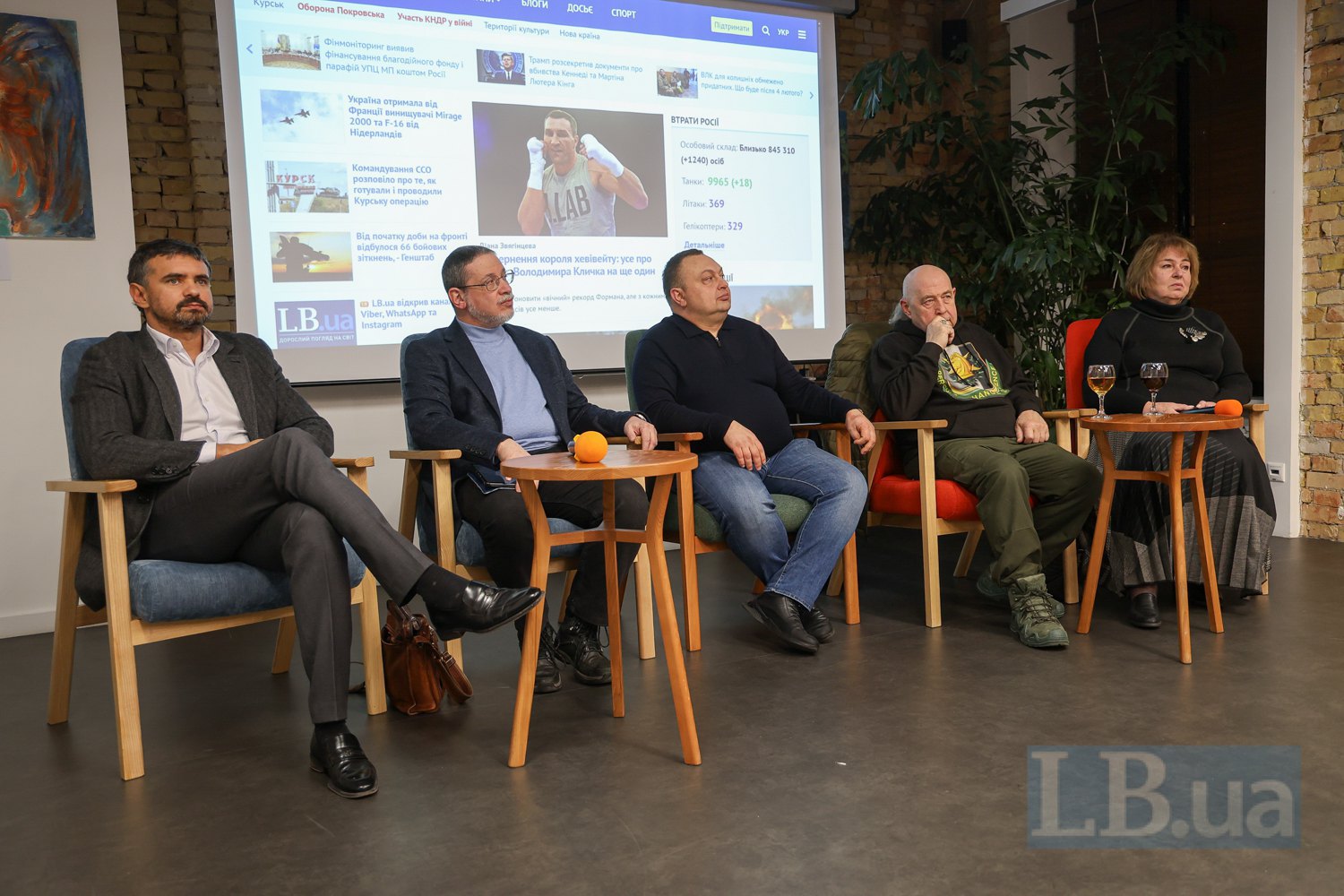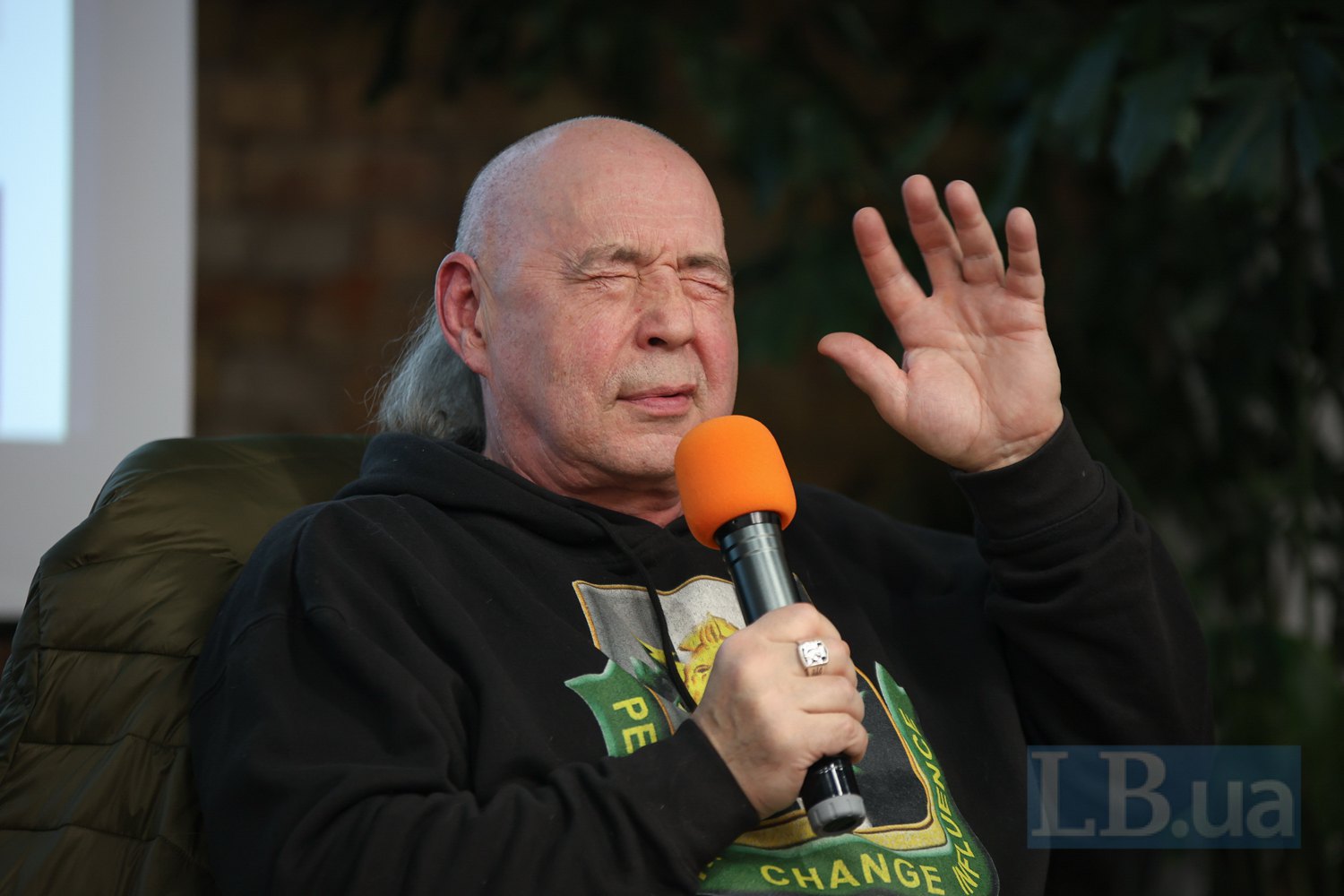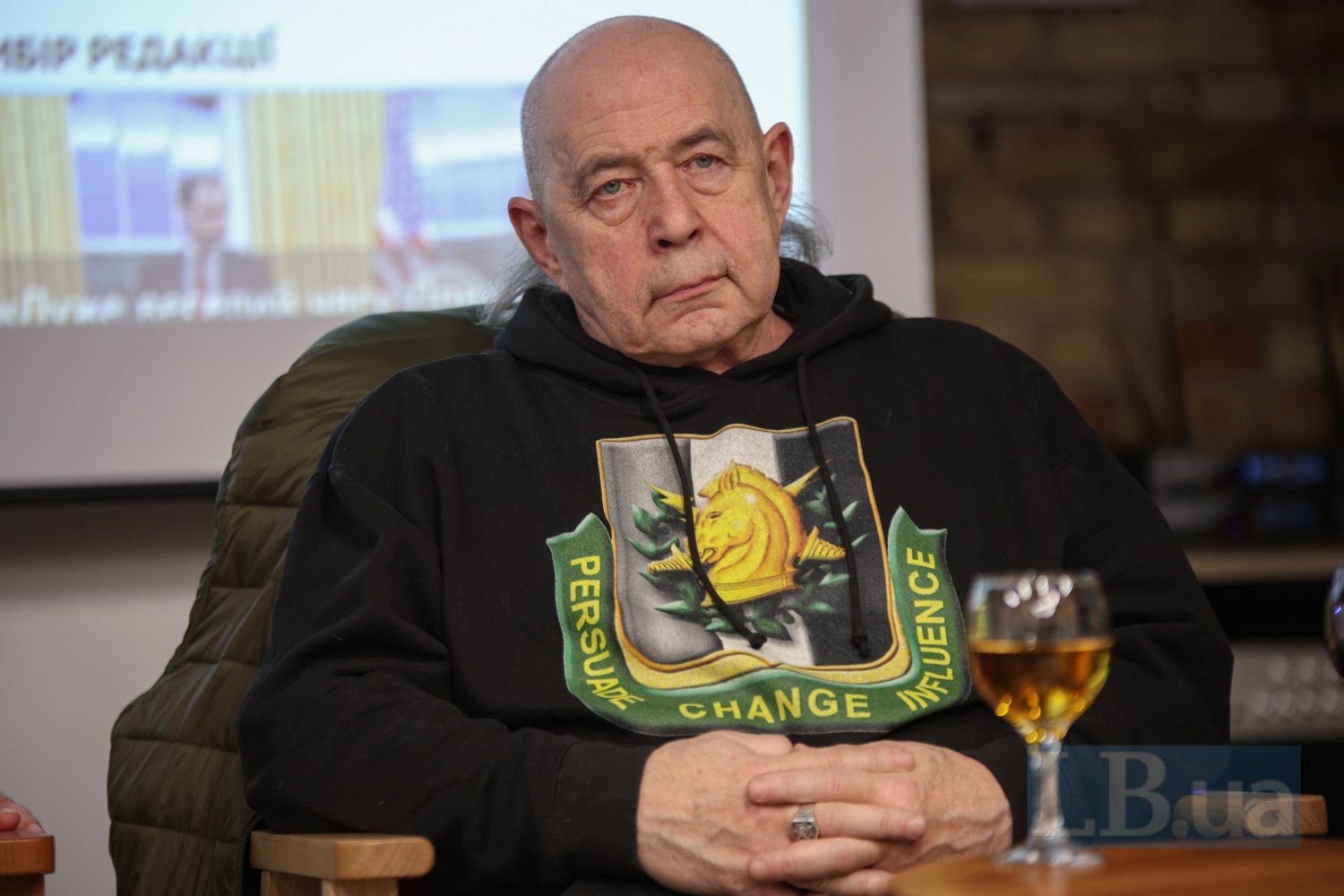
There is a general scale of depression and anxiety, which is distributed approximately evenly in the population, minus clinical diseases. According to the international scale of diseases, schizophrenia and paranoia account for 1.5%. This is a small percentage. And everyone who is called schizophrenic and paranoid is a kind of popular journalism, it is not connected with reality," Oleh Pokalchuk described the general state of society.
"There are affective states. There is a state of massive, I would say, reactive psychosis. But the thing is that strong affective constrictions are short-lived. That is, everything that inflates quickly deflates quickly.
To make it simpler, clearer, and less pretentious: mental trauma, psychological trauma, and the consequences of traumatic events are the same as physical trauma. Their healing depends on the individual properties of the organism or social group. People who are in the same traumatic situation experience similar episodes, react differently, have different behavioural disorders or do not have them. This also happens," the psychologist explained.
But, in his opinion, civilians today are more likely to be psychopathic than the military.
"If we are talking about reflexivity, then civil society, civilian society is much more psychopathic than the military. According to my observations. It has its own traumas, of course. There are, let's say, existential situations of life and death, where black and white thinking prevails: there are yours, there are all the others. And here the scales are not comparable," the psychologist notes.
He also sees no threat of a serious conflict between civilians and the military after the war ends.

"Emotions are channeled through the press and through a democratic society, through ranting, through shit, through endless quarrels. It's a way of letting off steam," said Pokalchuk.
"And when a person experiences severe emotional fatigue, it is necessary to understand its causes, whether there is an imitation of suffering among them.

"Look, when people say to me, ‘I'm depressed,’ I say, ‘If you were really depressed, you wouldn't even be able to say the word. This is what is called depression in the clinical sense of the word - a disease that is treated with medication. You're just in a bad mood. A very bad mood. Or a very, very bad mood.
That is, we use dramatic words to describe our newly acquired attitudes (a tendency to perceive social objects or situations in a certain way - Ed.) We believe in them ourselves, because we cannot touch them. We do nothing about it.
When you experience an illusory trauma, not a concrete one, and empathise empathically, your self-esteem increases: ‘I am also suffering’. A person who suffers has no time for reflection. They are in so much pain that they only have profanity in their head and in their words. And these imitations of suffering are so quasi-religious. Religious people reflect this normally. So I will suffer too. I will share my suffering with someone, maybe someone will feel better. You are simply multiplying your own suffering and that of others. You can multiply it if you want," said Oleh Pokalchuk.

In general, he summed up, nothing is happening to Ukrainian society that would not have happened to societies during the First and Second World Wars. This is a general dynamic: the development of society follows the laws of nature described by mathematics. The only thing is that the emotional content becomes more meaningful to us than the meaning of what we say. We need to be more rational about everything.








